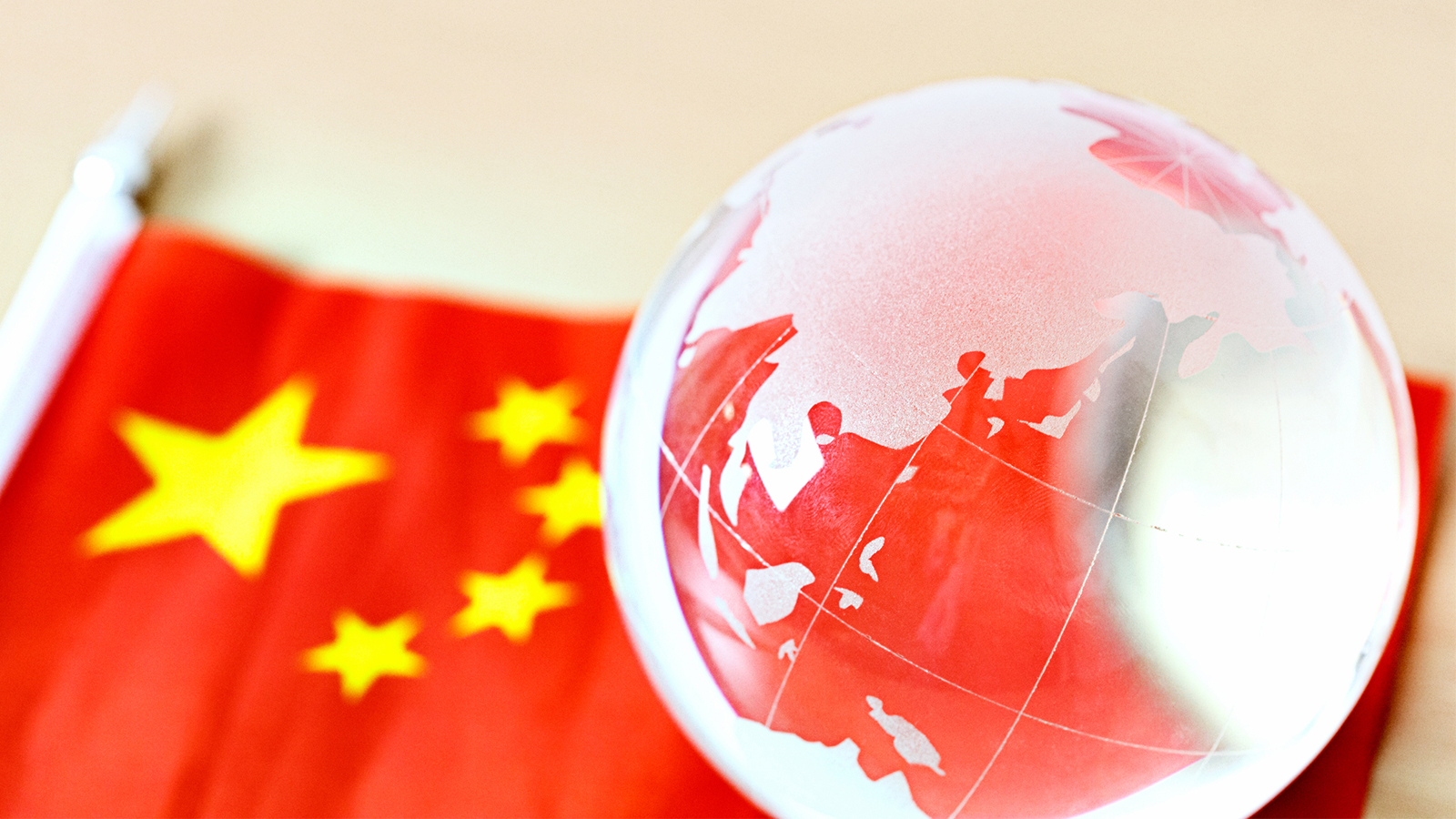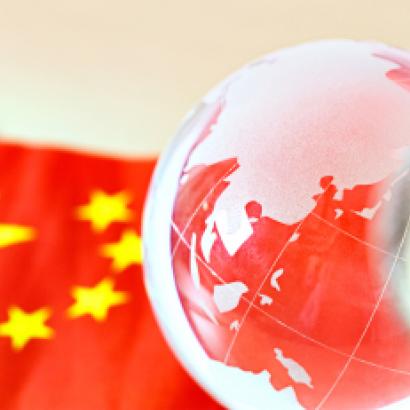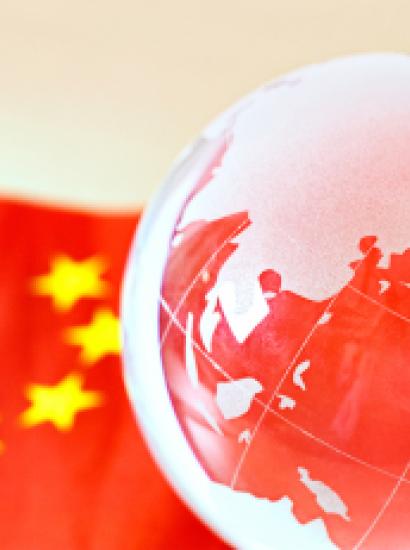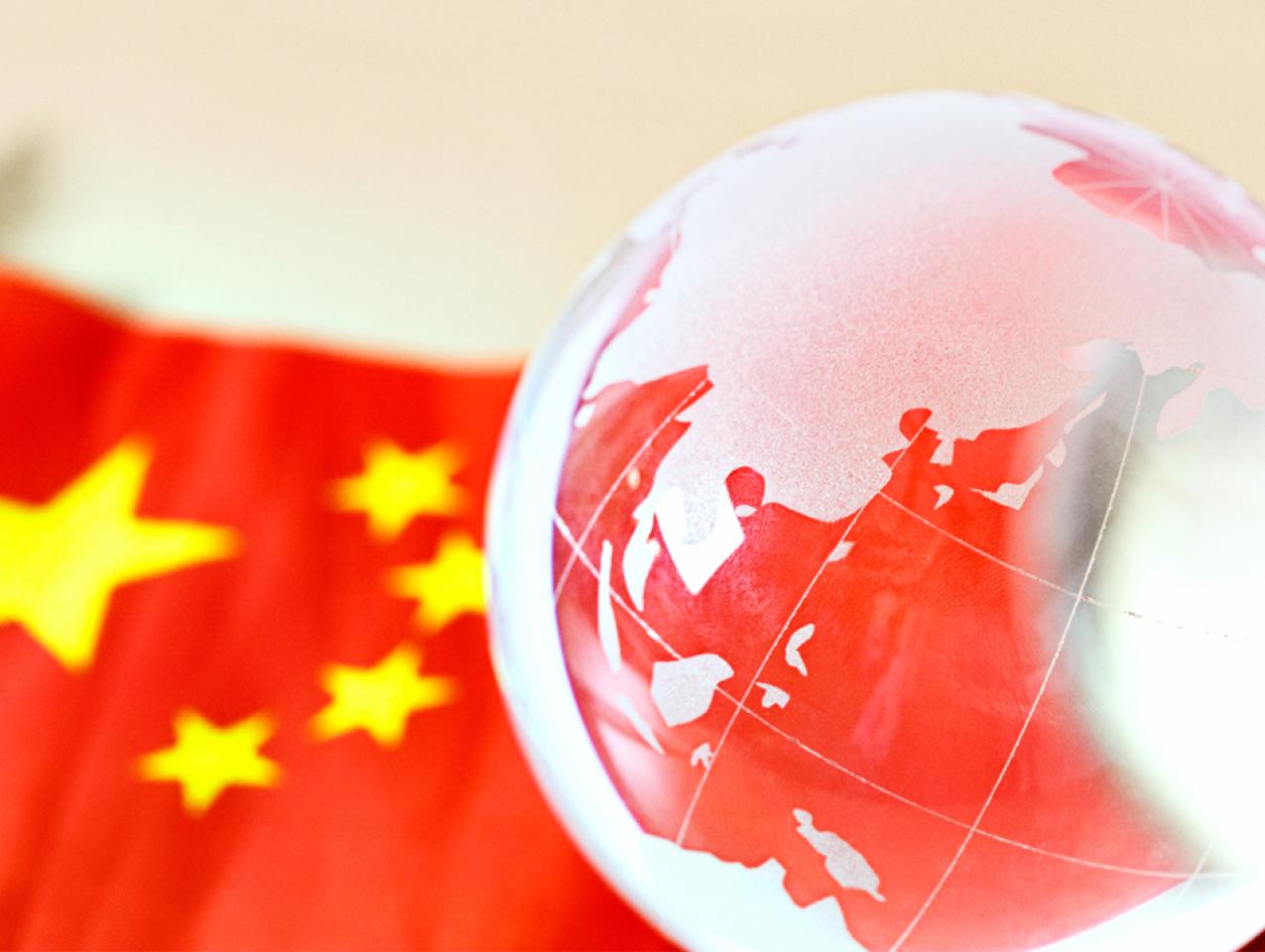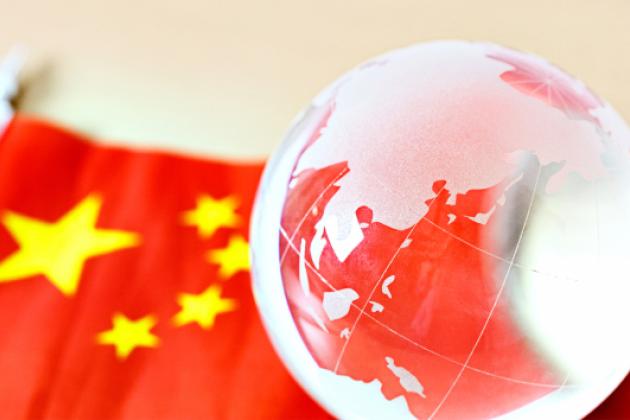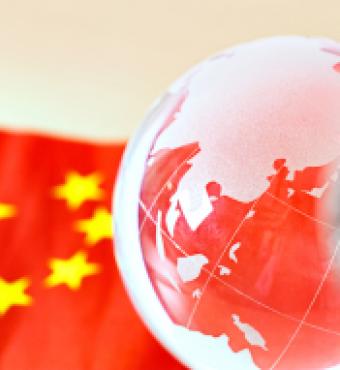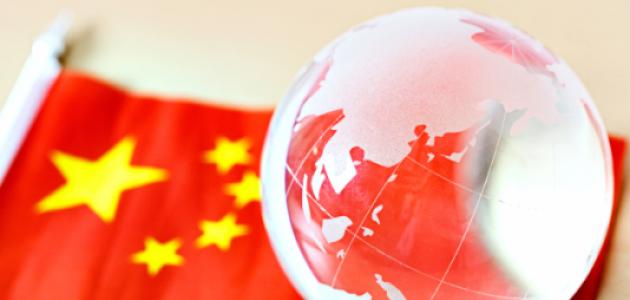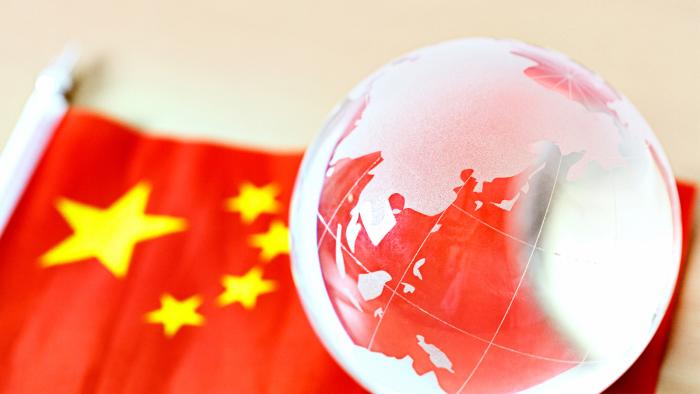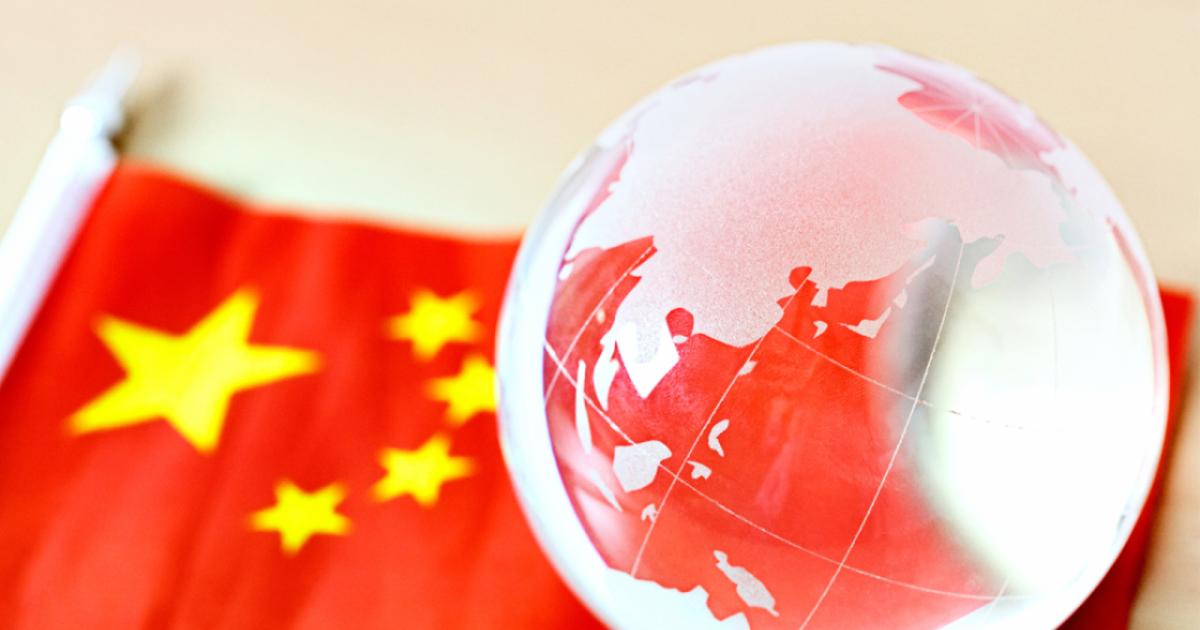
By Jonathan Movroydis
Hoover Institution (Stanford, CA) – In his first Hoover Institution appearance as a newly appointed distinguished visiting fellow, former deputy national security advisor Matt Pottinger described how Washington can capitalize on its maturing bipartisan consensus concerning the United States’ competition with the People’s Republic of China.
The program was hosted by Hoover’s project on China’s Global Sharp Power, chaired by Senior Fellow Larry Diamond and managed by Research Fellow Glenn Tiffert. This conversation was moderated by Tiffert, and also include insights and questions posed to Pottinger by senior fellows Elizabeth Economy and H. R. McMaster.
Pottinger explained that in the weeks following President Biden’s inauguration, Chinese Communist Party (CCP) officials have waged an influence campaign targeting American companies. During a virtual meeting with American business leaders in January, Yang Jiechi, the party’s highest-ranking diplomat, touted China’s current investment climate before drawing a red line against criticism of Beijing’s policies regarding human rights abuses toward Tibetans and Uighur Muslims, the destruction of the rule of law in Hong Kong, and threats made to annex Taiwan by force.
“Yang excoriated Trump administration policies toward China, and he was unsubtle in pressing his audience to lobby the Biden administration to reverse them,” Pottinger said.
Pottinger described how President Xi Jinping has also made direct appeals to business elites in Davos, Switzerland, aimed at strengthening trade cooperation and resisting mounting calls for economic decoupling in the wake of Beijing’s management of the COVID-19 pandemic. Pottinger added that these wishes weren’t signaled as mere suggestions but instead as requirements for any individual who hoped to travel or conduct business in China. For example, on January 20, Beijing placed sanctions on nearly thirty current and former US government officials “who have seriously violated China’s sovereignty.”
“Beijing’s intended message is: ‘if you want to do business in China, it must be at the expense of American values. You must meticulously ignore atrocities inside China’s borders. You must disregard that Beijing has reneged on its major promises, including its international treaty guaranteeing Hong Kong a high degree of autonomy, and you must stop engaging with national security–minded officials in your own capital unless it’s to lobby them on Beijing’s behalf,’” Pottinger explained.
He asserted that CCP officials exhibit a deeply cynical attitude toward trade with the West. While on one hand Beijing has launched an aggressive campaign to dissuade American and European companies from shifting supply chains away from China, it also intends to reduce its dependence on high-tech goods and services produced in these advanced industrial economies. Pottinger emphasizes that this strategy is meant to exert economic leverage and coerce individuals into supporting China’s political aims around the world. He noted that after Australia and China forged strong trade ties in recent years, Beijing began restricting imports of Australian wine, beef, and barley as a corrective measure against Canberra for passing laws that aimed to deter CCP influence operations, as well as against the Australian media for publishing stories critical of China.
Pottinger believes that while tactics may differ, the Biden administration’s China policy will largely remain consistent with its predecessor’s. He cited as evidence the administration’s recently published national security guidance, which describes the threats posed by China’s authoritarian model of governance, including its capability to challenge the stability and openness of the international order. Furthermore, Pottinger found it remarkable that President Biden, in a signed cover letter to the report, alluded to the US-China competition in terms of an ideological struggle over the future of the world.
“There are those who argue that, given all the challenges we face, autocracy is the best way forward. And there are those who understand that democracy is essential to meeting all the challenges of our changing world. . . . We must prove that our model isn’t a relic of history,” Biden wrote. Pottinger noted that Biden’s language appeared to directly contest a 2013 speech given by President Xi, which defended the resilience of the Communist system.
Pottinger said that business leaders should come to terms with the reality that there is a bipartisan consensus among US policy makers to hold China accountable for its aggressive behavior and to strategically decouple supply chains to protect American national and economic security interests. He added that given the tense nature of the US-China relationship, American companies will need to closely assess their risk-management practices, because it is becoming increasingly difficult to please both Washington and Beijing.
Pottinger likened the predicament of these companies to sailors straddling two boats. “American companies are likely to get wet,” he quipped.
Pottinger ultimately urged Americans to evaluate every policy and public-private partnership on the basis of whether it strengthens or surrenders US leverage against China. He maintained that Wall Street has yet to align behind policy makers, despite America’s overwhelming advantage in capital markets compared to China. In recent years, financial firms have provided hundreds of billions of dollars to Chinese companies that have been sanctioned by the US government for human rights violations. Pottinger explained how the previous administration prevented US military and civil servant pension funds from being invested into Chinese firms with links to the People’s Liberation Army. In addition, President Trump issued executive orders barring American investment in specific Chinese companies that were blacklisted by the US government.
Pottinger also maintained that in recent years, policy makers took effective steps to leverage technological advantages against China. For example, in May 2020 the US government banned Guangdong-based Huawei Technologies from access to American telecommunications networks, over concerns that its equipment could be used to spy on governments, steal intellectual property, and invade personal privacy on behalf of Beijing. In August, the government then placed restrictions worldwide on the sale of American-designed software and semiconductor chips that power Huawei devices, striking a devastating blow to the Chinese state-subsidized telecommunications giant.
“[These actions] forced this unstoppable behemoth, national champion of China, into a defensive crouch, Pottinger said.
WATCH THE DISCUSSION: REFLECTIONS ON US-CHINA RELATIONS







